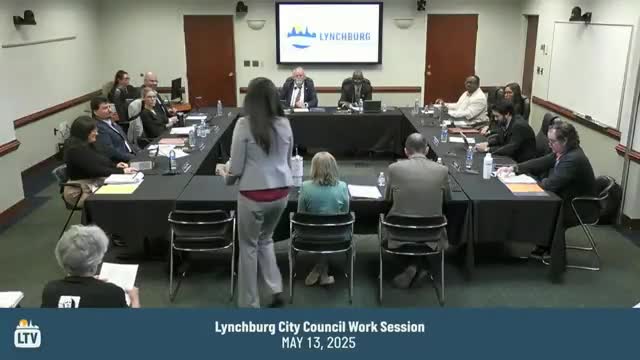Article not found
This article is no longer available. But don't worry—we've gathered other articles that discuss the same topic.
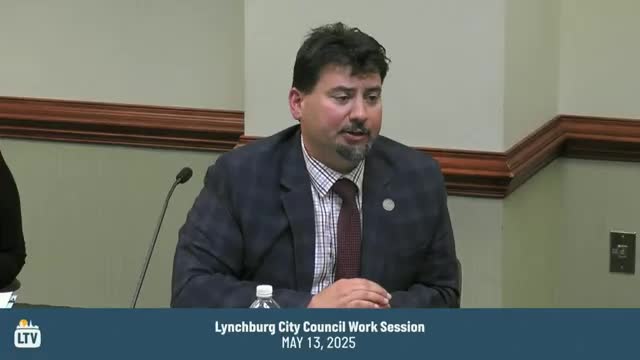
Council considers two immediate changes to rules of procedure on public comment interactions
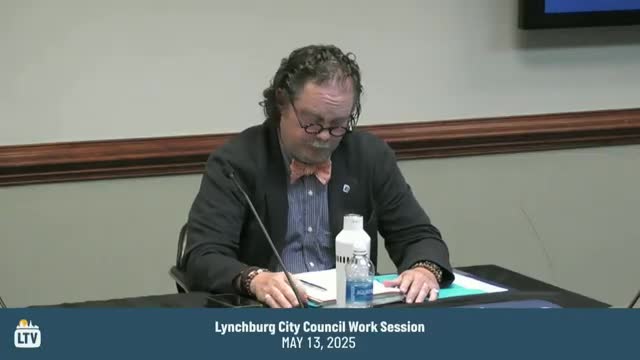
Rezoning petition for 54 townhomes on Leesville Road returns to council after Planning Commission denial
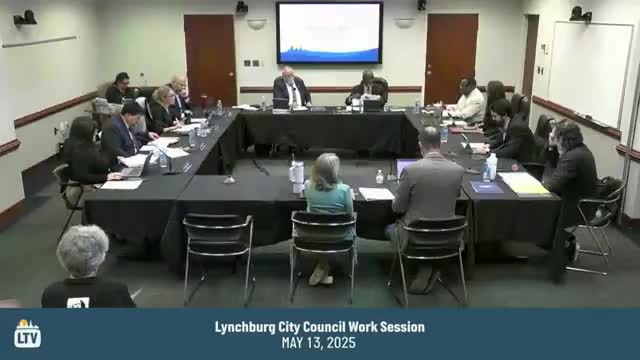
Council debates FY 2026 budget: equalization, lodging-tax options and spending concerns
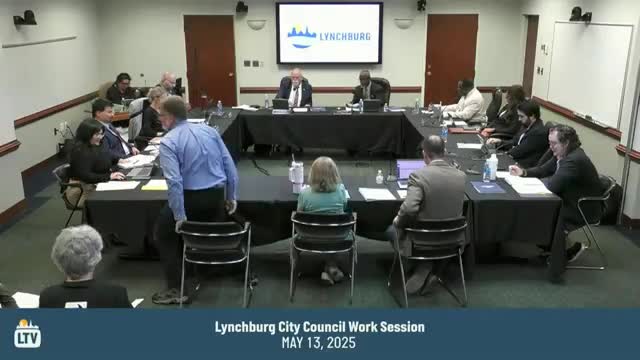
Council accepts sole bidder for Hillcats stadium franchise; public hearing scheduled
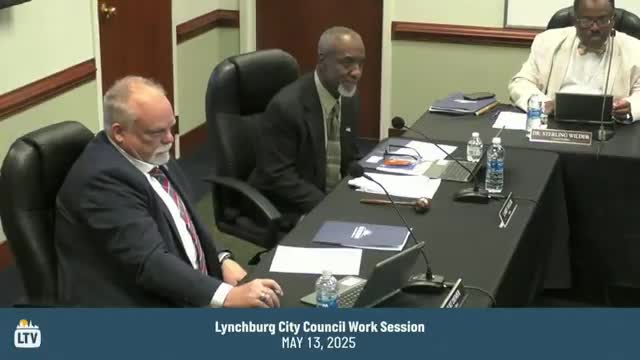
Council accepts sole bid for Rosedale encroachment franchise; public hearing set
